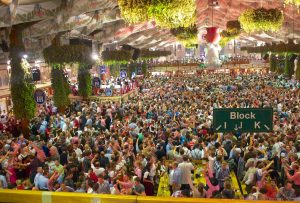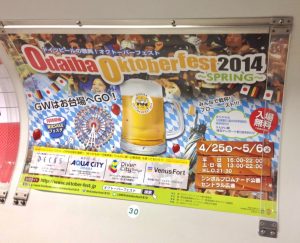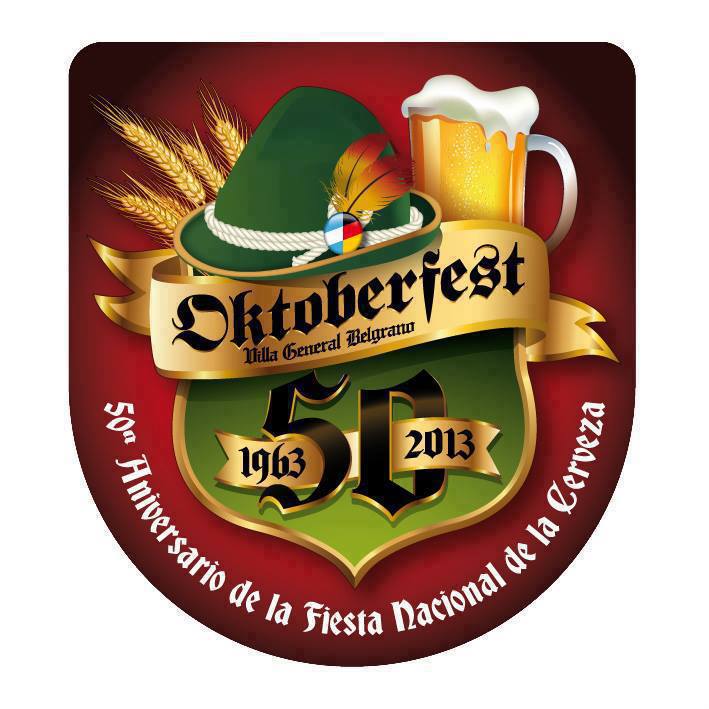Dirndl, Lederhosen and a glass of beer- everybody knows this major components of the Oktoberfest, a celebration from southern Germany that became known and are imitated all over the world. With the beer, it also carries a certain image of Germany into the world- an example of national stereotypes and identity.
What would you like to drink?
If we get to know a new person, one of the first questions, especially among international students, is where they are from. And whatever country they answer, they are immediately measured by and compared to the image people have of this country. Certain expectations arise about the character, behaviour or preferences of a person, based only on their nationality and the stereotypes.
If you are from Greece you like to drink Ouzo, as a Russian you drink Vodka, as a Japanese Sake and as a German, what else but beer?. Some say, it is “Germany’s greatest cultural export”. And according to google, that is what Germans are known for: being punctual, work efficient and liking beer. Why are we talking about this in connection to foreign affairs? Because stereotypes affect the perception of, and therefore interaction between, individuals and nations in an international community.
Raise the glass – all around the globe
By now, Oktoberfest has become so popular that it is copied all around the world. No matter whether it’s Australia, Hong Kong or Malmö, this tradition was transferred into the calender of beer-lovers around the globe. In some places, it even develops new dynamics and meanings, for example as peaceful coming together between religions in Palestine. But it also transports a certain image of German culture and identity.

The version of Oktoberfest that is copied is the most famous Oktoberfest in Munich. But they exist all over the country, local variations of the traditions, activities, clothes and, of course, the beer that is enjoyed. The Bavarian federal state with its culture of Oktoberfest does, however, represent Germany internationally. The bigger the geographical distance, the more people expect Germans to wear Lederhosen or a Dirndl and to like beer.
One tradition is seen as representative of a whole nation and completely ignores the cultural and individual differences within the country.
Variety exists:- different sorts of beer and identities
 From North to South, countries and their populations possess great cultural varieties, including their mentality and traditions, but also (for instance) language, architecture and traditional clothing are different. Who would regard all the Swedes from Malmö to Kiruna as the same? There might also be different ethnic communities within a nation, as the Sorbs in Eastern Germany, which bring yet another colour to the picture of the country. This reminds us of the fact that nations are social and political constructs and include people from different backgrounds, who may not all share the same cultural identity. But with the creation of a nation state a construction of a national identity is created as well.
From North to South, countries and their populations possess great cultural varieties, including their mentality and traditions, but also (for instance) language, architecture and traditional clothing are different. Who would regard all the Swedes from Malmö to Kiruna as the same? There might also be different ethnic communities within a nation, as the Sorbs in Eastern Germany, which bring yet another colour to the picture of the country. This reminds us of the fact that nations are social and political constructs and include people from different backgrounds, who may not all share the same cultural identity. But with the creation of a nation state a construction of a national identity is created as well.
Also, do not forget the individual level: humans might be, because of their personal story and life, the complete opposite of their national stereotype. It is interesting how often people are disappointed when you tell them that you are German but do not drink beer. In Australia, for instance, I was humorously called a “bad representative of Germany” when I told my colleagues, that I do not like beer. The point is: how can we allow ourselves to judge individuals based on a generalisation?
A grain of truth?

This issue exists not only in Germany, but in all countries. Ask yourself: what do you expect when you meet someone from Sweden? What comes to your mind when someone tells you they are Nigerian? The study of national stereotypes does not research whether those stereotypes are true, but rather how they are visible and what their consequences are.
This is the reason why it is important to talk about it: The worldwide generalisation of a diverse culture to beer is harmless. But in the big picture, stereotypes have the potential to end up as racism. Incidences as the holocaust show us in an ugly way what stereotypes can be misused for. The rhetoric that populist movements use these days to fuel xenophobia, are full of stereotypical prejudices. And although prejudices are not the same as discrimination, they can support them.
If we do not know something, we rely on what is common knowledge which often means stereotypes. Since these generalisations have an origin and often contain some truth, they are entirely wrong. However, we should be open to redeem the picture and replace it with reality. We start to rethink our mental stereotypes when we meet representatives from a country and we measure them, whether they fit into our image or not. And surprisingly (or not): organized Italians, talkative Finns and impolite Japanese exist.
by Nina Kolarzik
Photo Credits
Oktoberfest Festzelt, Derrick Story, CC BY-NC-ND 2.0
Argentinian Oktoberfest advertisement, Maria Bossa, CC BY-NC 2.0
Oktoberfest advertisement in Sydney, Nina Kolarzik, All Rights Reserved
Oktoberfest advertisement in Tokyo, Paula Aßmann, All Rights Reserved










